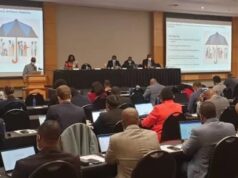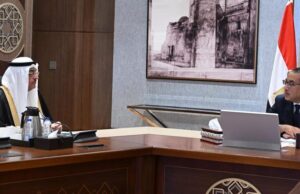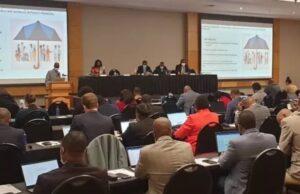
(3 Minutes Read)
The US is concerned about Niger’s potential relations with Russia and Iran. The spokesperson admitted that the US was troubled by the path Niger has taken to open channels to discuss with Russia and Iran
The Pentagon is working with Niger’s junta to find a way to keep U.S. troops in the country. The West African country is a key base for counterterrorism operations in sub-Saharan Africa for the US. This follows the weekend directive from the junta ordering the US troops to leave the country.
Last week, a high-level delegation of U.S. officials, as a part of backroom diplomacy, was in Niger to negotiate with the junta a possible way out. They included Assistant Secretary of State for African Affairs Molly Phee, Assistant Secretary of Defense for International Security Affairs Celeste Wallander, and Head of State Command -United for Africa, General Michael Langley.
Pentagon spokesperson said that U.S. officials had lengthy and direct discussions with junta members. The US is concerned about Niger’s potential relations with Russia and Iran. The spokesperson admitted that the US was troubled by the path Niger has taken to open channels to discuss with Russia and Iran. The United States is closely monitoring Russia’s defense activities there to assess and mitigate potential risks to personnel, American interests, and property, according to the US spokesperson.
On March 16 in a statement, the military junta announced the end of the status of forces agreement between Niger and the United States, which told the US troops to withdraw from Niger’s soil.
Read Also:
https://trendsnafrica.com/us-niger-diplomatic-relations-hit-low-ebb-says-junta/
The U.S. military still had some 650 troops in Niger as of December, largely concentrated at a base further from Niamey, Niger’s capital. The total number of people still in the country, including civilians and contractors, was around 1,000.











